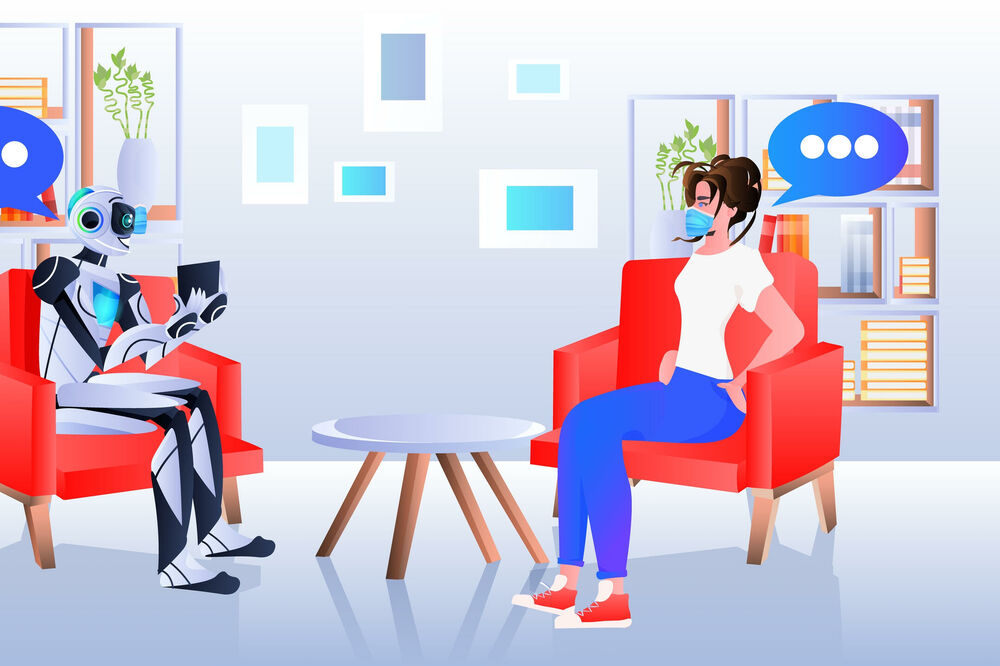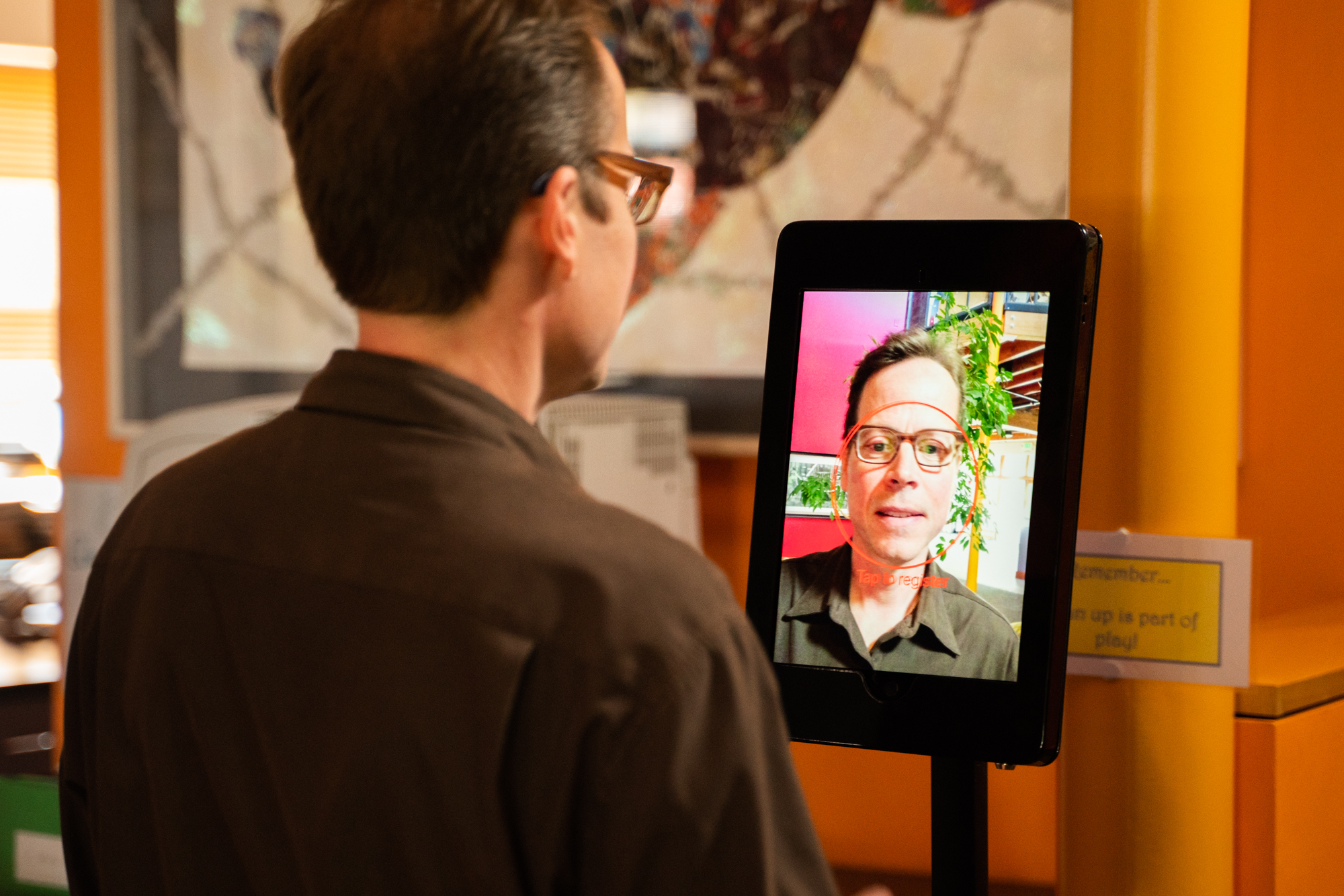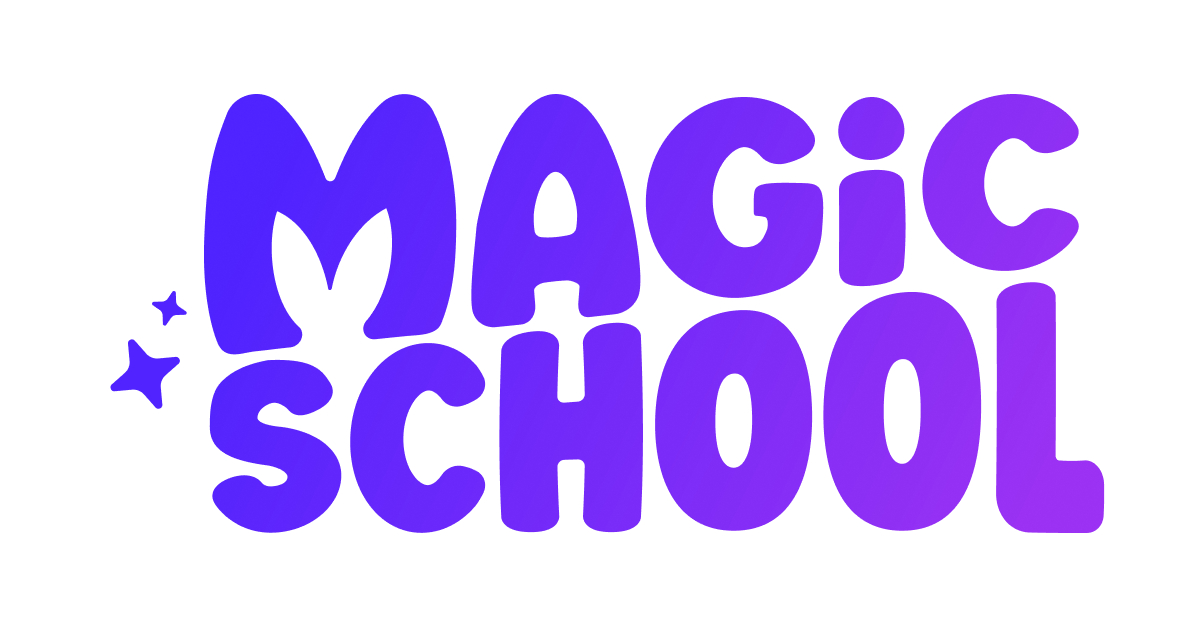Find out whether chatbots like Sonia AI can replace human therapists as some startups and patients claim, despite the science still being unsettled
In a single study, it was discovered that 80% of individuals who have utilized OpenAI’s ChatGPT for mental health advice consider it to be a viable alternative to traditional therapy.
Additionally, a separate report demonstrated that chatbots can be effective in alleviating specific symptoms associated with anxiety and depression.
Conversely, it is widely recognized that the interpersonal connection between the therapist and the client is one of the most reliable indicators of the success of mental health treatment.
The pro-chatbot therapy faction comprises three entrepreneurs: Dustin Klebe, Lukas Wolf, and Chris Aeberli. Sonia, their startup, allows users to communicate with or contact an “AI therapist” regarding various subjects through an iOS application.
Klebe, Sonia’s CEO, stated in an interview with TechCrunch that the development of an AI therapist is comparable to the development of a medication in that it involves the construction of a new technology rather than repackaging an existing one.
In 2018, the three individuals encountered one another while studying computer science at ETH Zürich. They subsequently relocated to the United States to pursue graduate studies at MIT.
They reunited shortly after graduating to establish a venture embodying their mutual enthusiasm for scalable technology.
Sonia was the name of that venture.
Sonia employs a variety of generative AI models to analyze the conversations that users engage in during “therapy sessions” within the application and to provide responses.
The application, which charges users $20 per month or $200 per year, employs cognitive behavioral therapy techniques to assign “homework” intended to foster insights from conversations and visualizations that are designed to assist in identifying the most significant stressors.

Klebe asserts that Sonia, which the FDA has not yet approved, has the potential to address a variety of issues, including anxiety, tension, and depression, as well as relationship issues and poor sleep.
Sonia has “additional algorithms and models” to detect “emergencies” and direct users to national hotlines in more severe scenarios, such as individuals who are contemplating violence or suicide, according to Klebe.
None of the founders of Sonia have a background in psychology.
However, Klebe asserts that the startup consults with psychologists has recently recruited a cognitive psychology graduate and is currently recruiting a full-time clinical psychologist.
Klebe emphasized that we do not regard human therapists or any companies that provide physical or virtual mental health care conducted by humans as our competitors.
“For each response that Sonia generates, approximately seven additional language model calls are conducted in the background to analyze the situation from a variety of therapeutic perspectives, thereby adjusting, optimizing, and personalizing the therapeutic approach that Sonia has selected.”
What about privacy? Is it possible for users to be sure that their data is not being stored in a vulnerable cloud or used to train Sonia’s models without their knowledge?
Sonia is dedicated to storing only the “absolute minimum” quantity of personal information necessary to administer therapy, according to Klebe: a user’s name and age. Nevertheless, he did not specify the location, method, or duration of time for which Sonia retains conversation data.

Sonia, which has approximately 8,000 users and $3.35 million in funding from investors such as Y Combinator, Moonfire, Rebel Fund, and SBXi, is currently in discussions with unidentified mental health organizations to offer Sonia as a resource on their online portals.
Several users have reported that they find it more convenient to communicate with the chatbot about their concerns than with a human therapist, and the reviews for Sonia on the App Store have been highly favorable thus far.
However, is this a positive development?
The quality of advice that chatbot technology can provide is currently restricted, and it may not be able to detect subtler signals that suggest a problem, such as an anorexic individual seeking advice on how to lose weight. (Sonia would be unaware of the individual’s weight.)
Chatbots’ responses are also influenced by biases, frequently Western biases, which are evident in their training data.
Consequently, they are more susceptible to overlooking cultural and linguistic distinctions in the manner in which an individual communicates their mental disorders, mainly if English is their second language. (Sonia exclusively assists in English.)
If the worst-case scenario occurs, chatbots may malfunction.
The National Eating Disorders Association faced criticism last year for replacing humans with a chatbot, Tessa, that provided weight-loss strategies that were distressing to individuals with eating disorders.
Klebe underscored that Sonia is not attempting to supplant human therapists.

“We are building a solution for the millions of people who are struggling with their mental health but can’t (or don’t want to) access a human therapist,” Klebe said. “We aim to fill the gigantic gap between demand and supply.”
There is undoubtedly a disparity between the cost of treatments, the affordability of the majority of patients, and the ratio of professionals to patients.
According to a recent government report, over half of the United States lacks sufficient geographic access to mental health services.
Additionally, a recent survey revealed that 42% of U.S. adults with a mental health condition were unable to access treatment due to financial constraints.
A Scientific America article discusses therapy apps designed for the “worried well,” or individuals who can afford therapy and app subscriptions, rather than isolated individuals who may be most at risk but unsure how to seek assistance.
Sonia is not precisely inexpensive at $20 per month; however, Klebe contends that it is less expensive than a typical therapy appointment.
“It’s a lot easier to start using Sonia than seeing a human therapist, which entails finding a therapist, being on the waitlist for four months, going there at a set time and paying $200,” he said. “Sonia has already seen more patients than a human therapist would see over the course of their entire career.”
I can only hope that the founders of Sonia remain candid about the issues that the app can and cannot resolve as they develop it.



